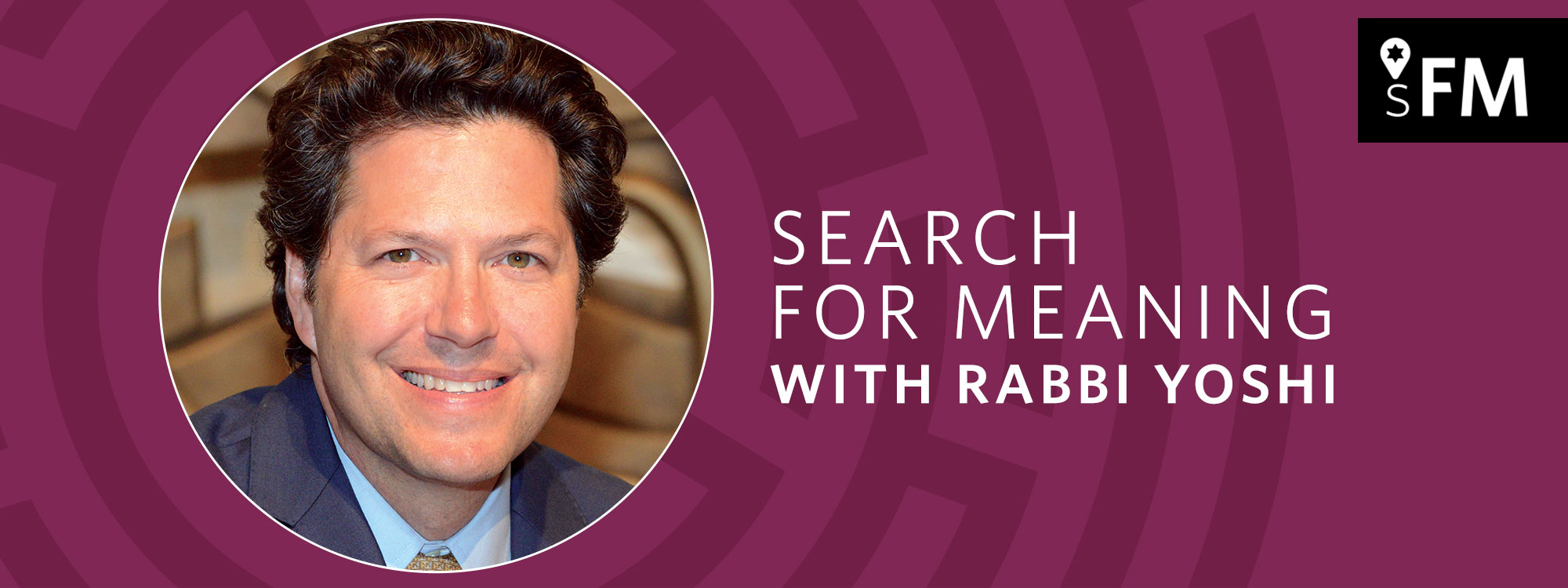I am writing these words for Shabbat on the morning of the fourth anniversary of the Tree of Life shooting in Pittsburgh, which occurred on Oct. 27, 2018.
 This year’s commemoration falls on Parashat Noach, the week in which we read about the flood brought to destroy the world because, our Torah teaches, the earth had been corrupted, filled with violence (חָמָֽס). The Hebrew word חָמָֽס (hamas) can mean physical violence, but it can also mean “injurious language.”
This year’s commemoration falls on Parashat Noach, the week in which we read about the flood brought to destroy the world because, our Torah teaches, the earth had been corrupted, filled with violence (חָמָֽס). The Hebrew word חָמָֽס (hamas) can mean physical violence, but it can also mean “injurious language.”
There is a deep connection between the two.
Injurious language—hate speech—can and often does lead to physical violence. Make no mistake: The murderous atrocities of Pittsburg and Poway began with antisemitic smears about Jews controlling the media and the banks, dual loyalties, and Israel being an “apartheid” state. For the sake of pikkuach nefesh (saving lives), hate speech must be called out and repudiated, and those who employ it must be held to account.
For all the harm speech can cause, it is important to remember that speech can be used for good as well. We can use our words to comfort those in pain, to demand justice for those who have been wronged, and to hold to account those who have transgressed.
At the end of the Amidah prayer, the central prayer of our worship service, we say: “May the words of my mouth and the meditations of my heart be acceptable before You, Adonai, my Rock and my Redeemer.”
With every utterance, may our words bring healing and hope, so that our world might overflow with understanding, compassion, and love.
Shabbat Shalom,
Rabbi Yoshi

